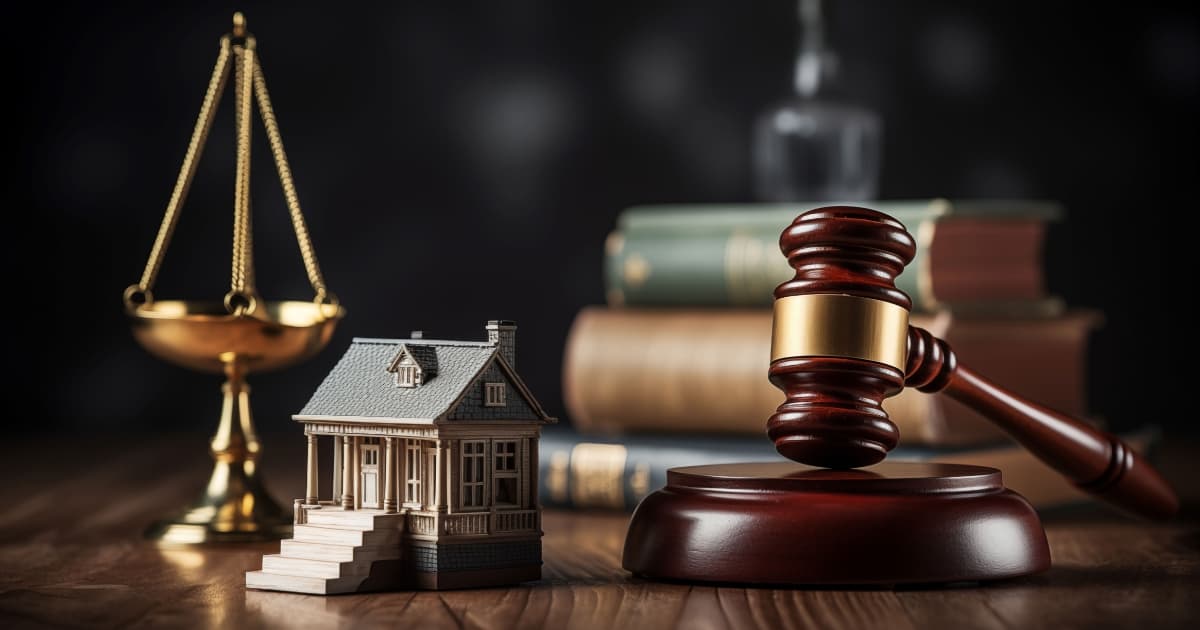We're loading the full news article for you. This includes the article content, images, author information, and related articles.
The Kenyan government’s use of terrorism and cybercrime charges against peaceful protesters is raising serious concerns over civil liberties. Rights groups warn that such tactics threaten to criminalize dissent and erode constitutional freedoms.

Byline: Nairobi, Kenya –
As Kenya’s youth-led protest movement intensifies, so too has the government’s legal response. In recent months, rights groups and legal experts have raised urgent concerns over the state’s use of terrorism-related charges and other severe criminal accusations against peaceful demonstrators — a strategy critics say amounts to the criminalization of dissentand a grave threat to civil liberties under the 2010 Constitution.
On July 3, 2024, police arrested 21-year-old protester Allan Mukami in Nairobi’s CBD. His alleged crime: organizing an “unauthorized assembly.” But to the shock of his legal team, Mukami was also slapped with terrorism-related chargesunder Kenya’s Prevention of Terrorism Act (POTA), typically reserved for organized militant activity.
He was released on KSh 500,000 bail after four days in remand — far beyond the constitutional 24-hour limit for pre-charge detention. The case is still pending.
Mukami is not alone. Human rights organizations have documented at least 16 cases in which protesters or online activists have been charged with offenses such as “possession of materials promoting terrorism,” “cyber harassment,” or “subversion.”
“These charges are not only disproportionate — they are dangerous,” said Irungu Houghton, Executive Director of Amnesty International–Kenya. “They send a chilling message: if you criticize the state, you could be treated as an enemy of the state.”
Kenya’s 2010 Constitution enshrines freedom of assembly, expression, and association. However, the use of terrorism laws against civilian demonstrators is testing the limits of those guarantees.
The Prevention of Terrorism Act, passed in 2012 to combat Al-Shabaab and other extremist threats, grants broad surveillance, detention, and prosecutorial powers to the state. But legal analysts argue it is now being selectively applied to silence political protest.
“Charging peaceful protestors under terrorism laws is a clear abuse of legislative intent,” said Prof. Duncan Ojwang, a constitutional law scholar. “It collapses the distinction between legitimate dissent and national security threats — and that’s how authoritarian regimes begin.”
In addition to in-person arrests, the state has intensified its scrutiny of online speech. Several TikTok and X (formerly Twitter) users have reported being visited by the Directorate of Criminal Investigations (DCI) or receiving threats for sharing protest footage or criticizing government officials.
Notably, digital activist @NairoBitsKali was arrested in Eldoret for posting a meme mocking a Cabinet Secretary’s response to the protests. He was held under Kenya’s cybercrime laws, which rights defenders say are increasingly being used to stifle satire and online mobilization.
A recent ARTICLE 19 Eastern Africa report warned that the Kenyan government is “leveraging cybercrime legislation to police digital dissent, creating a hostile environment for civic participation online.”
Interior Cabinet Secretary has defended the government’s legal strategy, stating that “no one is above the law” and warning that protestors engaging in violence or inciting unrest will face “the full force of the law.”
In a July 2025 press briefing, Kindiki noted, “We are not targeting anyone for political reasons. We are protecting lives and property. Some of these demonstrations are no longer peaceful — they are organized, criminal, and disruptive.”
However, rights groups argue that these statements blur the line between peaceful dissent and criminality, offering the state a blank check to suppress protest through legal intimidation.
The Law Society of Kenya (LSK), Kenya Human Rights Commission (KHRC), and Amnesty International have jointly petitioned Parliament’s Justice and Legal Affairs Committee to investigate the misuse of anti-terrorism legislation against civilians.
In a strongly worded letter to the Attorney General, the LSK warned that “the law must not be used as a tool of repression”, calling for the immediate withdrawal of all terrorism-related charges against peaceful protestors and a judicial review of cases filed under POTA since mid-2024.
International observers, including the United Nations Special Rapporteur on Freedom of Assembly, have also expressed concern. In a July 2025 statement, the rapporteur urged the Kenyan government to “cease the instrumentalization of national security laws to suppress legitimate democratic expression.”
The Kenyan youth movement has been lauded for its creativity, non-partisanship, and grassroots leadership. It is the most decentralized and digitally savvy protest wave since the country’s return to multi-party democracy. But its survival — and the integrity of Kenya’s constitutional order — now hinges on whether civil liberties will be upheld or hollowed out.
If protesters are treated as terrorists, and memes as weapons, then the space for dissent may narrow beyond recognition. The outcome of these legal cases will not just determine the fates of individuals — it will shape whether protest remains a right or becomes a risk in Kenya.
Keep the conversation in one place—threads here stay linked to the story and in the forums.
Sign in to start a discussion
Start a conversation about this story and keep it linked here.
Other hot threads
E-sports and Gaming Community in Kenya
Active 9 months ago
The Role of Technology in Modern Agriculture (AgriTech)
Active 9 months ago
Popular Recreational Activities Across Counties
Active 9 months ago
Investing in Youth Sports Development Programs
Active 9 months ago